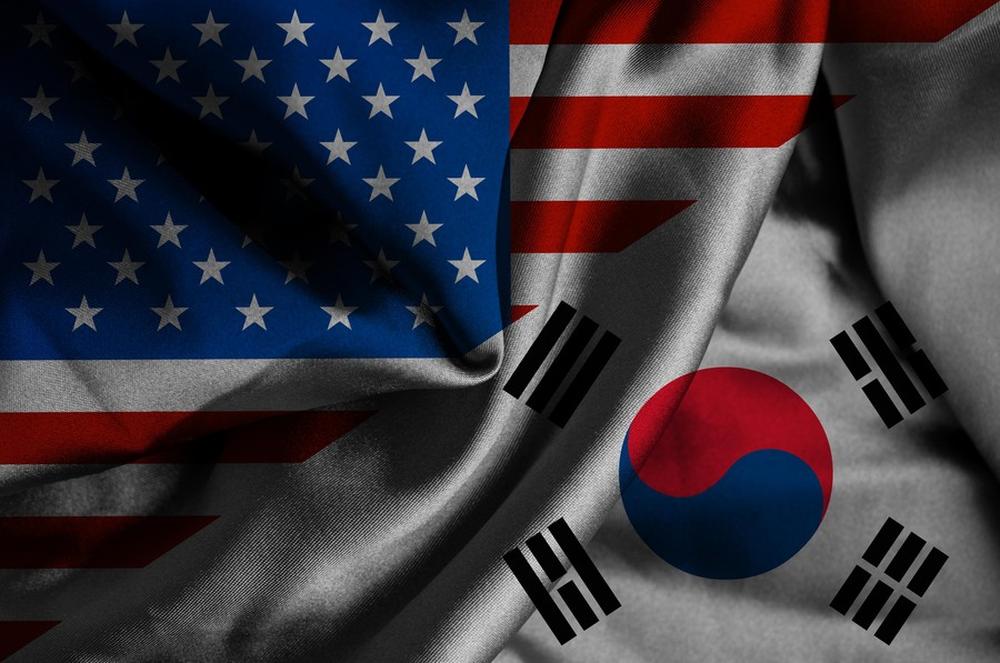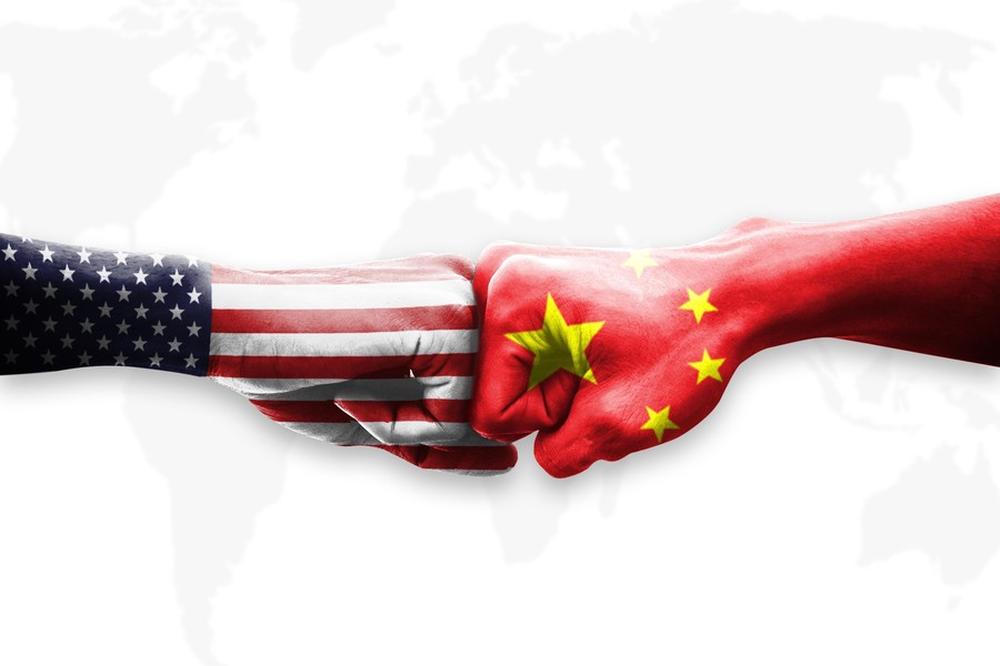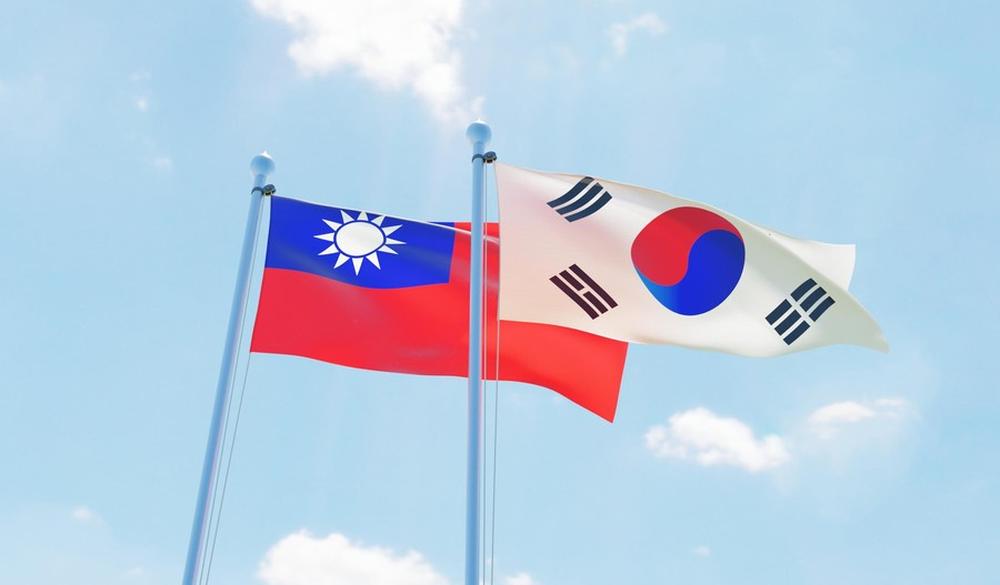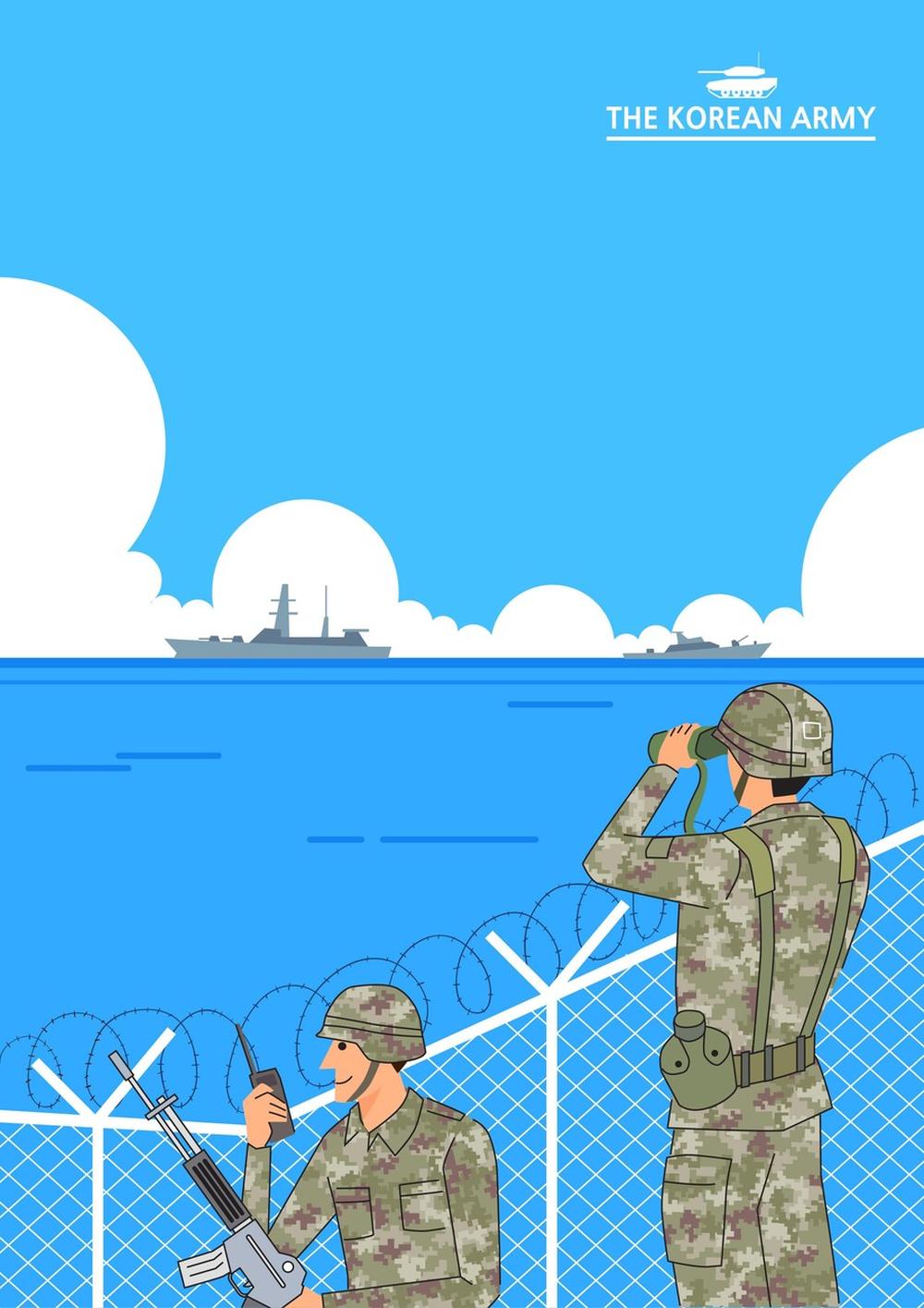- #China-US Competition
- #Security & Defense
- #US-ROK Alliance

► Some observers argue that the Republic of Korea must commit to being involved in a Taiwan crisis because a refusal to do so suggests that it is privileging its relationship with China over a commitment to the defense of democracy.
► This could carry significant reputational costs. Even so, many analysts see the chances of ROK forces becoming drawn into a Taiwan crisis as slim, in large part because Seoul would have strong incentives to keep its forces oriented against deterring opportunistic North Korean aggression.
► The Republic of Korea faces a Gordian knot of security challenges and choices as it navigates a regional environment that will be shaped by a combustible US-China strategic competition.
The intensifying tensions in the Sino-American relationship resonate globally but they are nowhere more acute than in Northeast Asia. China has made clear that it would prefer to operate across its land and maritime borders in a region with a much-reduced US security presence. It has adopted a muscular military and diplomatic posture in the region and has demonstrated its willingness to use its economic heavyweight status in the region to achieve its objectives. The United States, for its part, has been bolstering its regional capabilities, including by strengthening its regional alliances and security relationships as core elements of its international security architecture and vision for a “free and open Indo-Pacific.” Beijing interprets Washington’s actions as part of a US-led containment strategy that includes denying China its goal of unifying with Taiwan in order to preserve the island as an American security asset.
The face-off between China and the United States in the region has heightened the risk that a confrontation over Taiwan could erupt into violent conflict. The Biden administration has affirmed the “one China” policy that has served as a cornerstone of the two countries’ diplomatic relationship for decades. However, the US has also affirmed its multifaceted relationship with Taiwan, which includes an important military dimension. Moreover, under the Taiwan Relations Act the US provides weapons and “defense services” to enable Taiwan to have “sufficient self-defense capability.” Statements by President Joseph Biden and other members of his administration have conveyed a perspective that the US would aid Taiwan if it were attacked.
Beijing has viewed warm relations between the Biden and Democratic Progressive Party Tsai Ying-wen administrations as emboldening of what it sees as a pro-independence agenda by Taipei. It has warned the island that any declaration of independence by Taiwan would cross a “red line” and in recent months has sent large numbers of warplanes deep into Taiwan’s air defense identification zone (ADIZ).
A virtual meeting in November 2021 between President Biden and China’s General Secretary Xi Jinping, addressed the Taiwan issue but did little to reduce bilateral tensions over the island. In an interview broadcast and published in official Chinese media outlets, China’s Foreign Minister Wang Yi stated that the US was abetting Taiwan’s independence, putting Taiwan into an “extremely dangerous situation” that would carry an “unbearable price” for the United States.
The US-ROK Alliance and a Taiwan Contingency
The rising risk that frictions between Washington and Beijing over Taiwan could spark conflict has put a spotlight on the role that the United States’ regional allies and partners might play in a cross-Strait crisis. Mention for the first time in the 2021 Joint Communique issued after the annual Security Consultative Meeting between Washington and Seoul of the importance of preserving peace and stability in the Taiwan Strait suggested that the bilateral alliance could be widened in scope to extend to security. US military leaders have also conveyed that the US has an interest in involving US Forces Korea in a Taiwan contingency.
It is important, however, to not assume that the Republic of Korea (ROK) will assist the United States in a future conflict with China over Taiwan. Although the mutual defense treaty between the Republic of Korea and the United States requires consultation if the security of either part is threatened by external attack, Seoul is not clearly obligation to go to war with Washington. President Moon Jae-in has stated that the Republic of Korea is prepared to “work more closely” with the United States on peace and stability in the Taiwan Strait. Notably, this falls well short of an explicit commitment to support the United States in a potential Taiwan contingency.
In contrast, there are reports that Tokyo is working with the United States on operational planning for a Taiwan contingency. A number of senior Japanese officials recently suggested that a Taiwan contingency could directly impact Japan’s security and that Taiwan must be protected “as a democratic country.” The contrast between Japan’s move to work with the United States to plan for a potential joint response to a Taiwan contingency and the Republic of Korea’s caution has helped reenergize calls in Washington for reassessing the terms of its Asian alliances.
A Preference for Ambiguity
There is an argument to be made in favor of a clarification by the Republic of Korea of its commitment to joining the United States in defending Taiwan against a Chinese attack. For one, a conflict over Taiwan will inevitably hurt ROK interests, not least by affecting shipping in the region, which could cripple its economy. A clear commitment to supporting the United States in a Taiwan contingency might plausibly help deter Chinese aggression, and thus safeguard Seoul’s national interests. There could also be benefits to the ROK’s defense capabilities from expanding operational coordination with the US regarding other potential regional contingencies, including by enabling it to play a more salient role in the framework of the US-led Indo-Pacific Strategy. Above all, it would add new vigor to an alliance that is now more than seventy years old.
However, the risks to Seoul of clarifying a commitment are also high. By pledging its support to a US-led effort to defend Taiwan, and by engaging in attendant operational planning, Seoul could change Pyongyang’s risk calculations, opening the door to opportunistic aggression by North Korea on the peninsula.
Moreover, any such commitment would severely, if not irreparably, damage Seoul’s relationship with Beijing. China has made clear its view that ROK cooperation with the United States on Taiwan would be “playing with fire.” China remains the ROK’s largest trading partner and, as China’s hard-hitting response to Seoul’s agreement to deploy the Terminal High Altitude Area Defense (THAAD) showed, China would undoubtedly take punitive economic action in response. Clarifying the Korean support for a Taiwan contingency would make engaging China in a peace process on the peninsula difficult if not impossible. There are some who even speculate that it could also open the door to a coordinated operation by Pyongyang and Beijing on the peninsula. It would certainly embroil the Republic of Korea in a US-China conflict in which its interests would be important but not paramount.
As a result, it is unsurprising that Seoul seems to believe that it can best advance its national interests, which include the maintenance of regional stability, if it keeps its security commitments relatively ambiguous and avoids orienting its foreign policy on the threat from Beijing. Indeed, Seoul has made clear that it will continue to pursue diplomacy that maximizes its options. Late in 2021, senior ROK and Chinese diplomats met for their first such talks since 2017. At the same time, Taipei was protesting South Korea’s decision to rescind the invitation to its Digital Minister to speak virtually at a conference held in Seoul. The Republic of Korea, moreover, has notably not joined the US-led diplomatic boycott of the Beijing Winter Olympics.
Towards Strategic Flexibility 2.0?
This is hardly the first time that the Republic of Korea’s commitment to Taiwan’s defense has been an issue in the US-ROK alliance. In line with global strategic interests, the US has long sought to maximize the mobility of its forces, including those on the Korean peninsula. During the George W. Bush administration, the Republic of Korea agreed to permit “strategic flexibility” for US Forces Korea under the condition that “it shall not be involved in a regional conflict in Northeast Asia against the will of the Korean people.” The strategic flexibility concept was forged in the context of uncertainty surrounding the durability of the alliance for reasons on both the US and ROK sides. During the decade and a half since then this “strategic flexibility 1.0” has helped the alliance weather dramatic changes in the range of threats from North Korea. It has not foreclosed Seoul’s engagement in future regional contingencies, but it has allowed Seoul to maintain its preference for strategic ambiguity as it navigates Sino-American turbulence.
Given these merits, what might a “strategic flexibility 2.0” framework look like that is mutually acceptable to both Seoul and Washington given the shifting security environment? It could aim at broadening and enhancing the scope of US-ROK military coordination on the basis of mutually determined principles. For Seoul, a key goal could be to diversify South Korea’s capacity to respond with the United States to threats that affect its current and future interests, broadly framed—but which does not commit it to doing so. Getting to strategic flexibility 2.0 could serve as the impetus and goal for dialogue about the role of the alliance in other thorny regional issues, as well, helping to ensure its continued value to both states over the coming decades.
Conclusion
Some observers argue that the Republic of Korea must commit to being involved in a Taiwan crisis because a refusal to do so suggests that it is privileging its relationship with China over a commitment to the defense of democracy. This could carry significant reputational costs. Even so, many analysts see the chances of ROK forces becoming drawn into a Taiwan crisis as slim, in large part because Seoul would have strong incentives to keep its forces oriented against deterring opportunistic North Korean aggression. The Republic of Korea faces a Gordian knot of security challenges and choices as it navigates a regional environment that will be shaped by a combustible US-China strategic competition.
Dr. Carla Freeman joins USIP after more than a decade as a member of the China Studies faculty at Johns Hopkins School of Advanced International Studies (SAIS), where she also directed the SAIS Foreign Policy Institute. Previously, she worked on international civil society and sustainable development for The Johnson Foundation and as a political risk consultant focused on Asia. Dr. Freeman holds a doctorate in international relations and China from SAIS in addition to degrees from Yale University and Sciences Po. She specializes in China's foreign policy, nontraditional security issues, and U.S.-China relations. She is the author of multiple edited books, monographs, and articles. Recent published work includes a comparative study of China’s policies in the high seas and outer space, which won The China Quarterly's 2020 Gordon White Prize.


